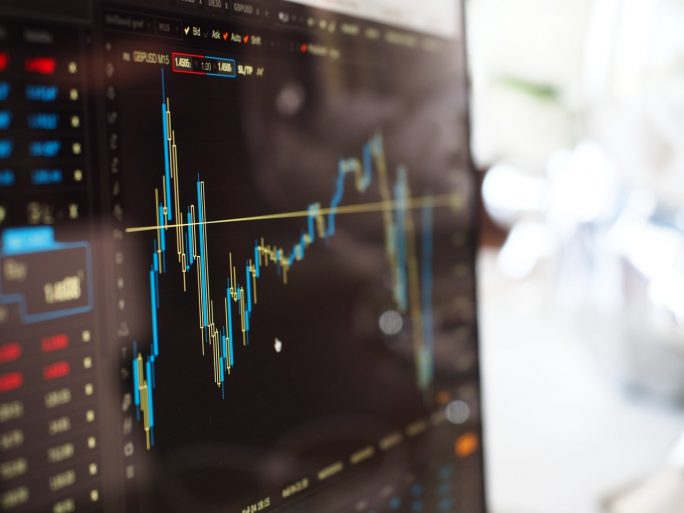US and European shares staged a limited comeback late last week, regaining some ground after dramatic losses brought on by the coronavirus crisis, as governments stepped up measures to limit the epidemic’s human and economic effects.
Wall Street stocks rose and the London FTSE 100 closed 1.6 percent higher on Friday, peaking earlier in the day at 5 percent up after the most dramatic sell-off since the Black Monday crash of 1987. Europe’s Stoxx 600 gained 1.4 percent after its worst single session in history.
Bitcoin also rose by more than one-fifth on Friday, reversing some of the previous day’s losses but still ending nearly 30 percent lower than at the beginning of the week.
US stocks last week recorded their biggest weekly declines since the 2008 financial crisis, and remain around 25 percent below their mid-February highs.

Tech disruption
Tech companies have been affected as severely by the coronavirus as other businesses, with supply chains and major events disrupted, offices shuttered and sales of products such as smartphones showing significant declines.
Airbnb registered a 40 percent drop in bookings in large European cities and China for the last two weeks in February, analytics group Airdna reported late last week.
The news prompted some industry watchers to speculate the company may delay an IPO planned for this year, while others said a low initial valuation would not harm the company.
Shares in Slack dropped sharply late last week after the company said issued cautious guidance about its near-term prospects, and in particular any benefit it might gain from the increase in virus-related remote working.
Slack’s fortunes contrast to those of Zoom, whose shares have risen 60 percent this year on an expectation that the company will gain customers due to the epidemic.
Since appearing in China in December, the coronavirus has spread to more than 130 countries and territories, with more than 169,000 confirmed cases and 6,000 deaths worldwide, along with more than 76,000 recovered, according to the World Health Organisation.
The WHO said Europe is now the epicentre of the pandemic, with the largest number of cases outside of China, where new infections have dramatically slowed.
Relief for businesses
Governments stepped up their measures to contain the effects of the coronavirus, with the US declaring a state of national emergency on Friday, a move that makes about $50 billion (£40bn) in federal disaster-relief aid available to combating the disease.
US president Donald Trump last Wednesday barred entry to the US to EU citizens from the Schengen Area, and later added the UK and Ireland to the list.
The UK, Japan, the eurozone, Canada and Switzerland on Sunday announced a co-ordinated economic action to support the world economy that included cutting US interest rates to almost zero and a $700bn stimulus plan.
The move followed similarly dramatic economic measures introduced by Germany on Friday, when the government promised unlimited loans to companies affected by the coronavirus.
France promised “tens of billions of euros” to help companies through the epidemic while shuttering non-essential venues including cafés, restaurants and cinemas, as Spain declared a state of alert and placed limits on citizens’ movements to help prevent the virus from spreading.
European Commission president Ursula von der Leyen warned earlier in the week that the virus was delivering a “major shock” to EU economies.





